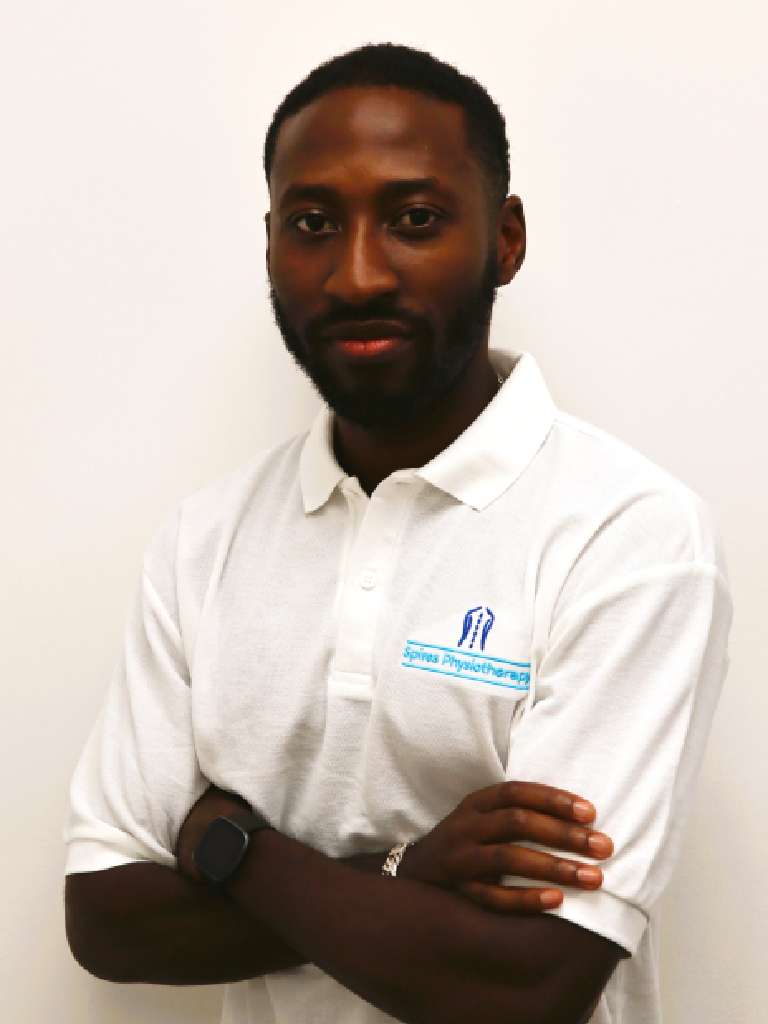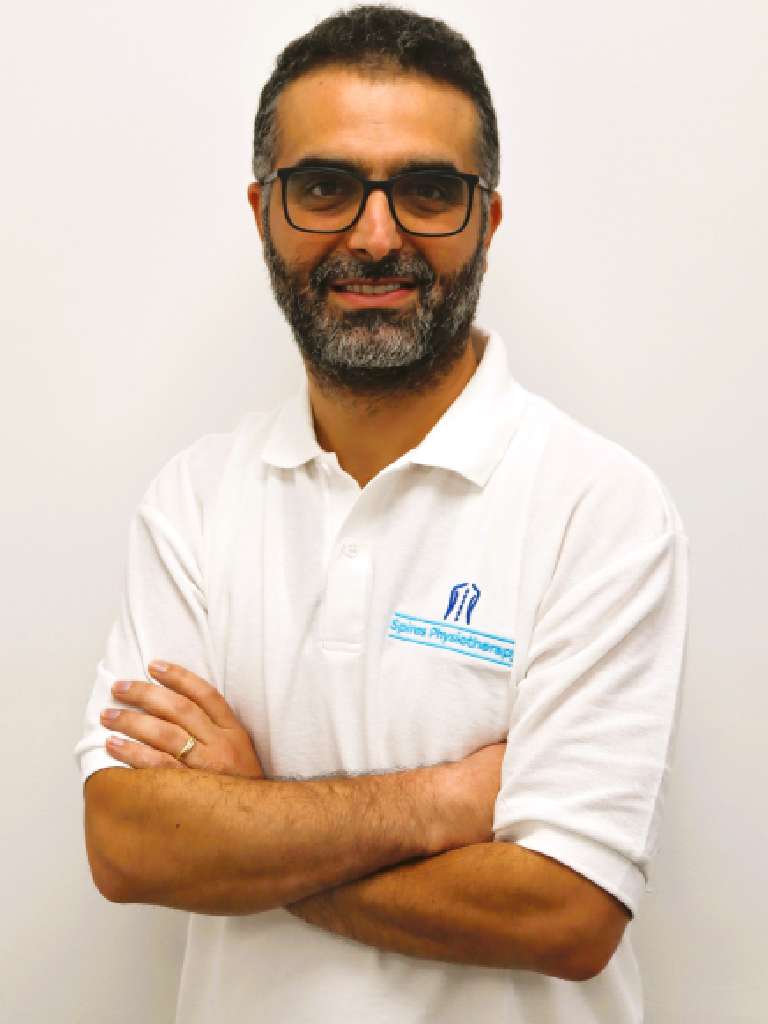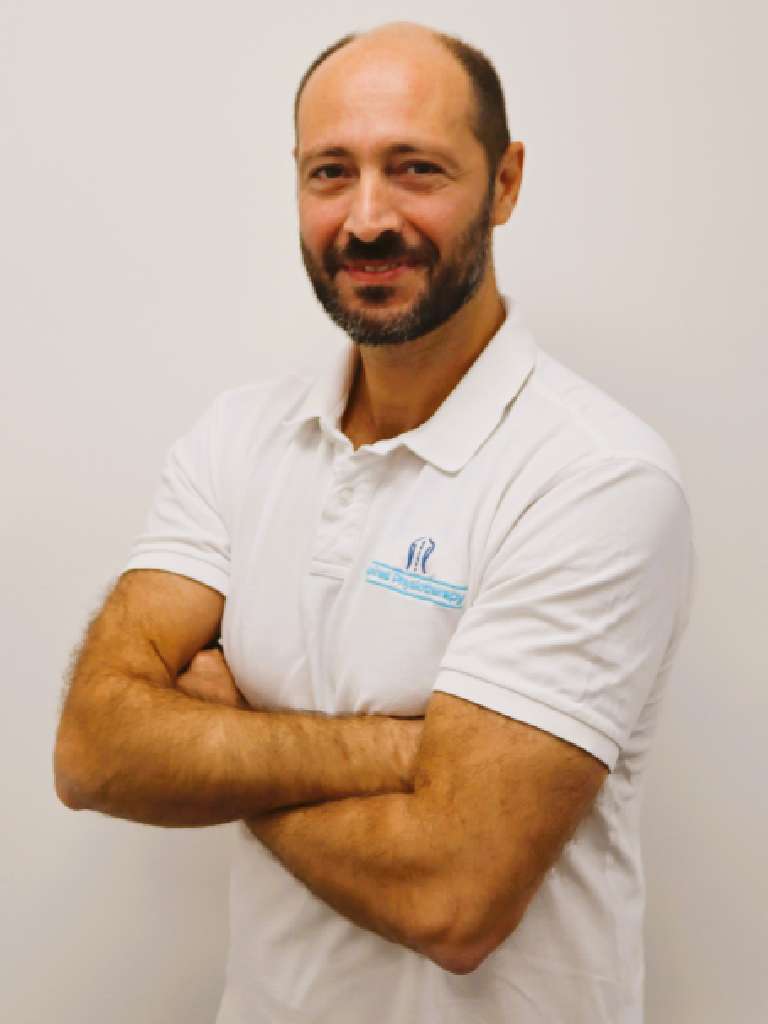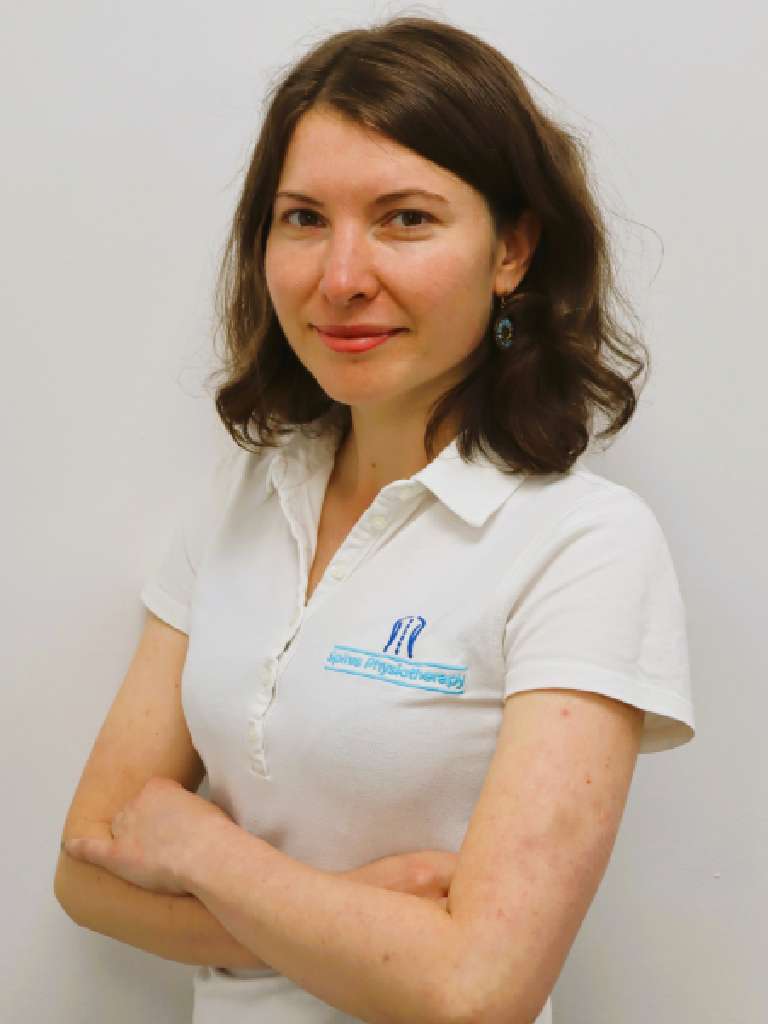The term “Sciatica” is used to describe any pain in the legs or buttocks which is being caused by irritation of the nerve that supplies those areas; the sciatic nerve. The sciatic nerve delivers messages from the legs to the brain via the spinal cord. When there’s an irritation of the nerve, it can send pain messages relating to any part of the leg that it spreads to. For example, the irritation might be where the nerve originates in the lower back but the pain can be in your back, buttock, calf, or all of those areas. This is what makes sciatica a complex issue to diagnose because the pain is not always where the problem is.
Causes of Sciatica
There are many possible causes of sciatica including:
· Disc herniation in the lumbar spine pressing on a sciatic nerve root
· Stenosis – narrowing of the spine
· Spondylosis – spinal osteoarthritis (wear and tear)
· Nerve entrapment from a muscle in the buttocks
· Trauma such as hamstrings tears
· Infection
· Blood vessels – particularly during pregnancy
The most common cause is a disc herniation which is a bulging of one or more of the discs in the spine, often due to sudden trauma or degenerative changes, which then presses onto the nerve root in the spine and alerts the body with a sharp pain signal. This is often extremely painful and worrying for the person but most herniations will subside with time with a full recovery expected in the majority of cases. In fact, researchers often find disc herniations in people with no symptoms at all.
Symptoms of Sciatica
The most common symptoms of sciatica are:
· Pain in the low back, buttock, leg or foot – it can be all of these areas.
· Numbness
· Weakness
· Tingling in the leg and foot
· Limping while walking
· Swelling in the leg
What Can Be Done About Sciatica?
The first thing to do if you have any of the above symptoms is to book yourself in for an assessment with a reputable physiotherapist. A thorough assessment will help to ascertain the cause of your symptoms and rule out any sinister pathologies. An important pathology to rule out is Cauda Equina Syndrome, in which the nerves in the base of the spine are being compressed, often causing disturbances to walking, toileting and sensation around the crotch region. Once sciatica has been diagnosed, it’s important to properly manage each stage of the recovery process. Initially, it’s vital that you gain better control of your symptoms to improve your comfort and function as much as possible. This may involve treatment, rest from aggravating activities, pain relief and light exercises to maintain your mobility. As your symptoms settle, the exercises should progress into strengthening and stability training in order to regain any strength lost during the injury. Then it’s important to prepare the body for a full return to normal function – whether that be gardening, walking or competitive sports – and put in place a plan to help prevent the symptoms of sciatica from recurring in the future.
Having sciatica can be a stressful and lonely experience. It can result in a reduction in exercise, socialising and can cause someone to take time off work – sometimes for extended periods. It’s a complex issue which can present in a variety of ways but can be well managed with the right guidance from a good physiotherapist.
If you wish to see an experienced physiotherapist about your sciatica symptoms, please give us a call or book yourself in using our online booking feature here: https://spires-physiotherapy.selectandbook.com/





